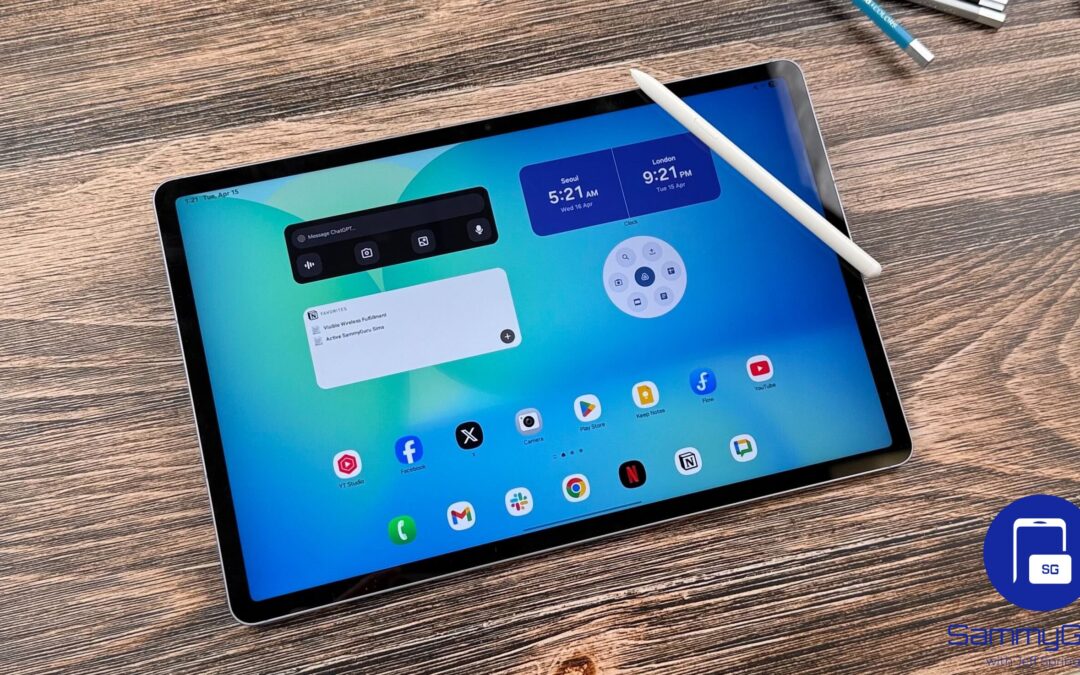A few days ago, Samsung Chairman Lee Jae-yong met with OpenAI CEO Sam Altman to discuss AI partnerships. Reports indicate that Samsung plans to expand its use of third-party AI solutions like OpenAI’s ChatGPT for business operations. However, Lee was apparently unable to convince Altman to use Samsung’s foundry for OpenAI’s custom AI chips, which are reportedly being manufactured by its rival, TSMC.
TSMC to manufacture OpenAI’s custom AI chips
Like every other big player in the industry, OpenAI plans to develop its own AI chips. The company is reportedly on track to finalize the design for its first-generation custom chip in the coming months. It aims to start mass production in 2026, with TSMC handling the manufacturing. The Taiwanese firm is expected to produce the chip on its most advanced 3nm process.
The process of sending an initial design to a chip factory for production is known as “taping out.” As Reuters reports, “a typical tape-out costs tens of millions of dollars” and takes around six months to complete. Unless OpenAI pays a premium to expedite manufacturing, it must send the initial design to TSMC within the first half of this year to start mass production early next year.
Even then, there’s no guarantee the first design will successfully pass the production tests. If OpenAI’s design fails TSMC’s tests, it would require to go back to the drawing board and diagnose the problem before repeating the tape-out step. The firm intends to make more powerful processors with broader capabilities in the coming years.
For Samsung, this was another chance to secure a major client for its foundry division. However, the company has been struggling with poor yields on its 3nm and 2nm processes. This may have influenced OpenAI’s decision to go with TSMC, which offers more reliable yields on advanced nodes. Only time will tell if Samsung can recover and compete with TSMC again.






